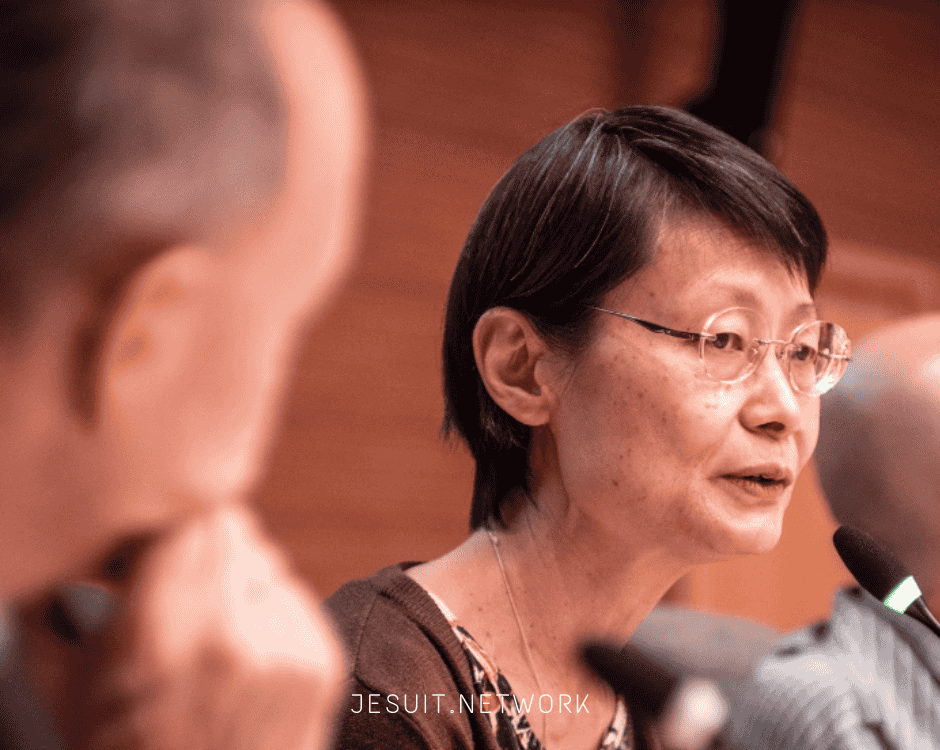Este sitio web utiliza cookies para que podamos ofrecerle la mejor experiencia de usuario posible. La información sobre cookies se almacena en su navegador y realiza funciones como reconocerle cuando vuelve a nuestro sitio web y ayudar a nuestro equipo a comprender qué secciones del sitio web le resultan más interesantes y útiles.
Jesuit institutions endorse a joint statement for the World Humanitarian Summit
The First World Humanitarian Summit will take place next 23th and 24th May in Istanbul, Turkey aiming to find innovative methods to approach humanitarian crises and reduce persons’ vulnerability. Together with organisations such as Christian Aid, Caritas International, the Islamic Relief Worldwide, and the International Rescue Committee, the Jesuit Refugee Services (JRS) calls on humanitarian actors and states in conflict regions to «re-affirm their commitment to respect and to promote the humanitarian principles of humanity, neutrality, impartiality and independence, towards any stakeholders involved in humanitarian crises.»
JRS, alongside 47 other agencies, signed a joint statement in Hungary last February, 2015 to protect the fundamental right of those affected by conflict to access humanitarian aid. The NGOs developed the statement as part of the European consultations that will contribute to the 2016 World Humanitarian Summit hosted by the United Nations. The signatories recognise that «humanitarian action is driven by a sense of humanity, a willingness to relieve human suffering, regardless of culture, origins or religion.»
Humanitarian aid operations are a matter of international solidarity, which should not threaten national sovereignty. Governments in conflict regions must not only provide national humanitarian support, they must also facilitate the work of others actors in the region to deliver humanitarian aid, the statement urges.
In many volatile and insecure environments, lines are blurred between military and political activities (i.e. counter-terrorism tactics) and humanitarian aid, making it difficult for aid agencies to operate. The joint statement insists that governmental and institutional funding must remain independent of political agendas. Furthermore, the NGOs call on conflict-affected states to «allow and support full unimpeded access to all people in need of assistance and promote the safety, protection and freedom of movement of humanitarian personnel.»
«We are in the midst of some of the worst humanitarian crises since World War II: the Central African Republic, South Sudan, Syria. Reaching people quickly and effectively must to be our priority. We call on governments to cooperate with international humanitarian actors and to hasten the delivery of relief services,» Former JRS International Director Peter Balleis SJ said.
As humanitarian NGOs involved in crises around the world today, we strongly call upon Humanitarian actors, Donors, States and all parties involved in conflicts, to:
- Re-affirm their commitment to respect and to promote the humanitarian principles of humanity, neutrality, impartiality and independence, towards any stakeholders involved in humanitarian crises, and re-affirm the value of the humanitarian imperative;
- Review and design all humanitarian policies in compliance with the humanitarian principles and enhance existing commitments for good donor practices such as the Good Humanitarian Donorship principles;
- Reaffirm and protect the fundamental right for affected populations to access humanitarian aid;
- Allow and support full unimpeded access to all people in need of assistance and promote the safety, protection and freedom of movement of humanitarian personnel.
You can read the full Joint Statement on humanitarian principles endorsed by 48 humanitarian NGOs as a common contribution to the World Humanitarian Summit consultations here.
Note: Original article published in JRS Newsroom March, 2015.





